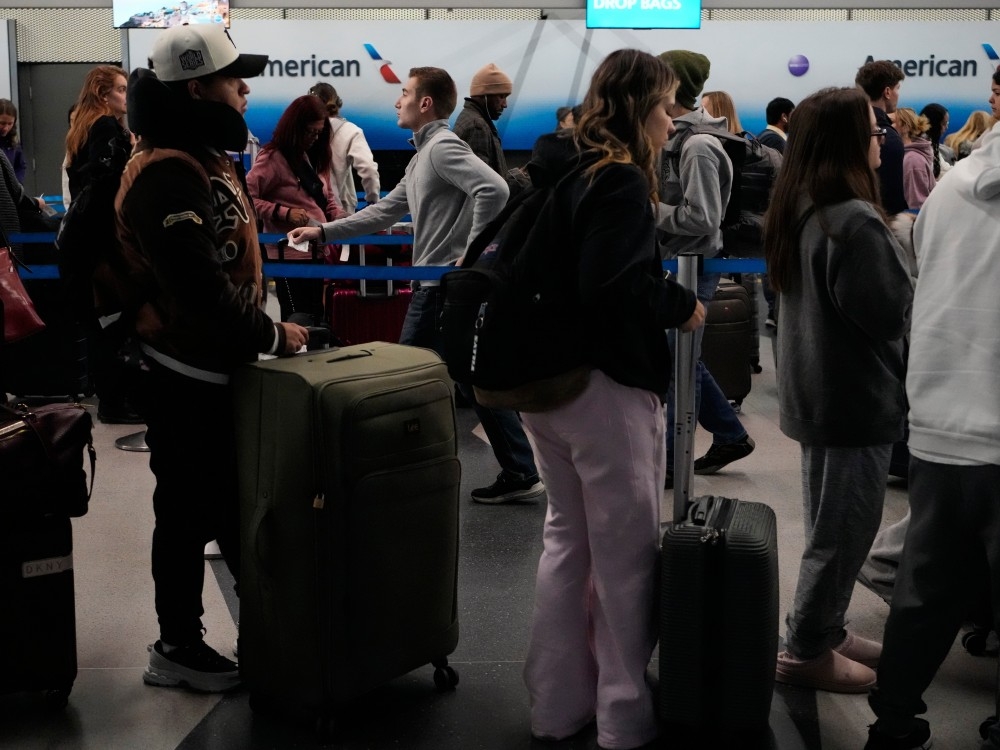A quiet shift is underway in the American spirit. A recent, comprehensive survey reveals a startling decline in the number of adults who consider religion a vital part of their everyday existence, signaling a profound change in the nation’s cultural landscape.
The numbers are stark. Less than half of American adults – 49% – now say faith is an important component of their lives. This represents a dramatic 17-point drop since 2015, a plunge so significant that it ranks among the largest Gallup has ever recorded in any nation over a single decade.
To put this into perspective, over the past 18 years, only a tiny fraction of the 160+ countries surveyed by the World Poll have experienced comparable declines in religious belief. The United States is now charting a course rarely seen globally.
The trend isn’t isolated to America. Several other affluent nations are witnessing similar shifts. Greece, Italy, and Poland have all experienced substantial drops in the perceived importance of religion, with Greece leading the way with a 28-point decrease between 2013 and 2023.
However, while these changes are occurring across the globe, the overall picture of worldwide religiosity remains surprisingly stable. Since 2007, the global median has consistently hovered around 81%, reaching 83% last year – the highest recorded to date.
This divergence highlights a unique position for the United States. It’s moving beyond the traditional categories Gallup has used to classify nations based on faith and identity. The U.S. now occupies a complex middle ground, possessing a strong Christian identity but a diminishing sense of religious devotion.
Interestingly, despite the decline in practicing faith, the level of Christian identification in America remains comparable to that of many Western and Northern European countries. However, religion still holds a greater influence in the lives of Americans than in nations like the U.K. or Germany.
The American experience now more closely mirrors that of countries like Argentina, Ireland, Poland, and Italy, where Catholicism is deeply ingrained in the culture. Yet, a significantly smaller percentage of Americans currently identify as Christian compared to citizens of those nations.
Even as broader trends show waning religious observance, voices emphasizing faith continue to emerge. Recent public appearances by officials, including Vice President JD Vance, demonstrate a continued acknowledgement of faith’s importance within certain circles.
Vance’s visible faith, however, doesn’t necessarily contradict the survey’s findings. It may instead reflect Gallup’s assessment of the U.S. as a nation with a strong Christian identity, even as the active practice of religion diminishes among its population.






